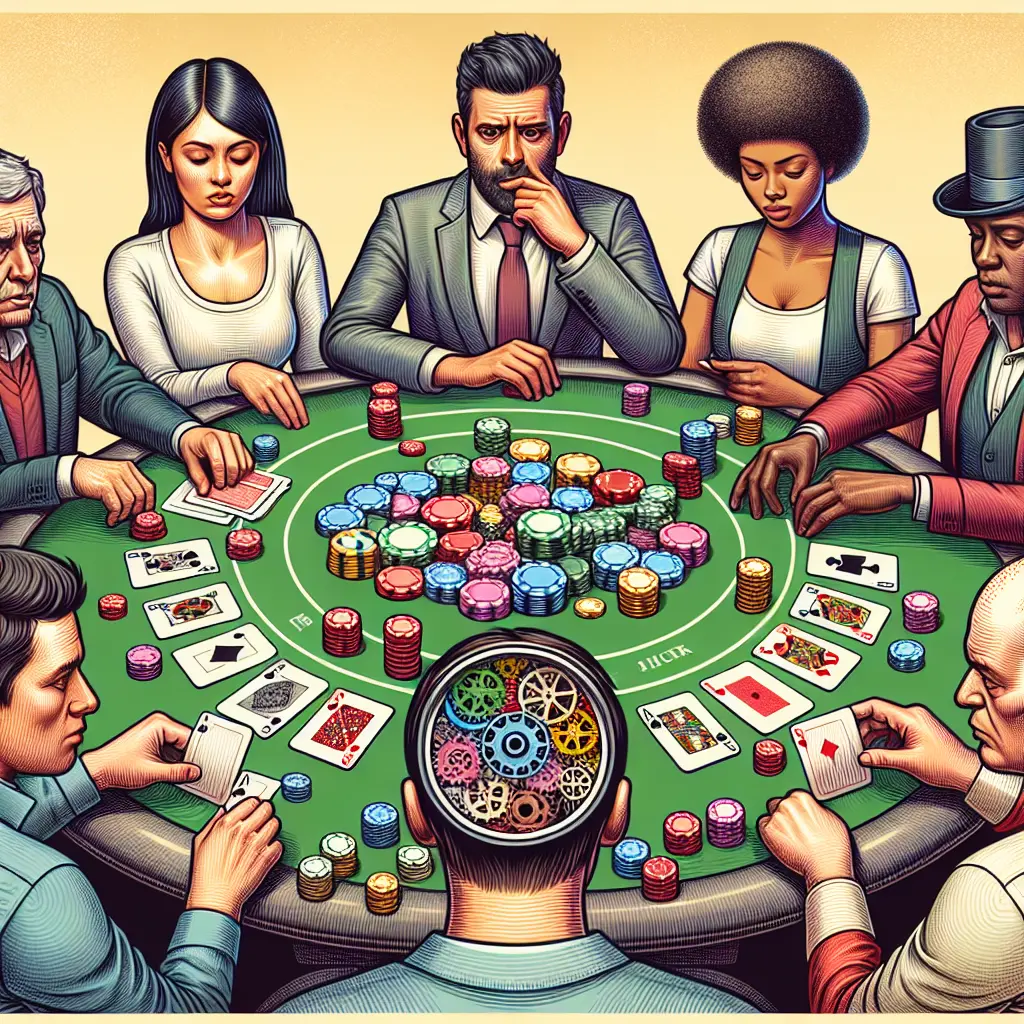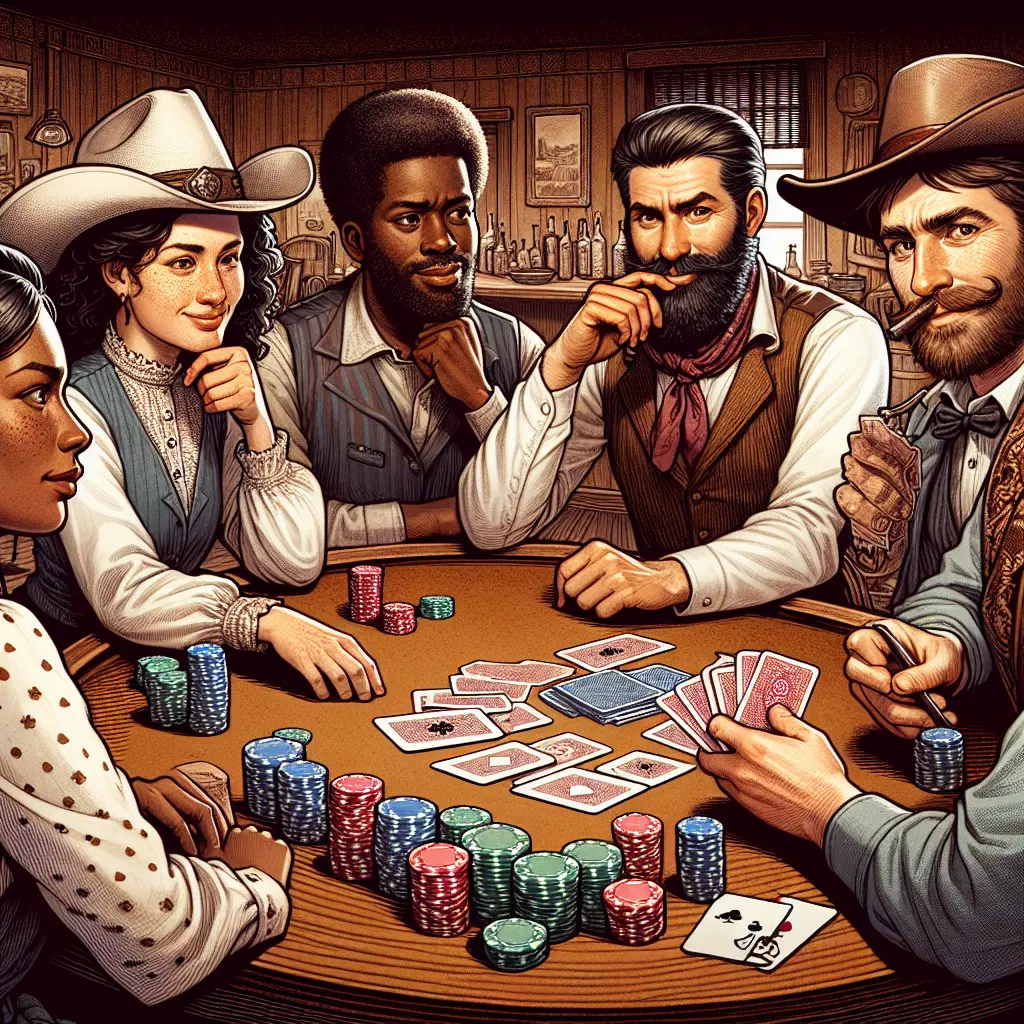In the world of poker, where every chip and card play can lead to significant financial swings, understanding how to read your opponents and gain an edge is not just a skill—it's an art. This post delves deep into the intricacies of poker strategy, focusing on everything from poker tells and body language to advanced poker tips that can elevate your game to the professional level.
Understanding Poker Psychology and Tells: Poker isn't just a game of cards; it's a game of minds. Mastering poker psychology is crucial for anyone looking to improve their game. Recognizing poker tells—subtle physical or behavioral signs that can indicate a player's hand or intentions—is foundational. These tells can range from changes in poker facial expressions to shifts in poker betting patterns.
Experts suggest that one of the most reliable indicators is body language in poker. For instance, a player who suddenly leans back or stiffens might be reacting to a strong hand. Conversely, excessive chattiness or fidgeting might betray nervousness about a weak hand.
Advanced Poker Tips and Reading Techniques: Developing poker hand reading skills requires observing not just a single tell but patterns in a player’s behavior. This involves noting how they bet, fold, or raise in different situations. For example, a player who frequently raises pre-flop but folds to a re-raise might be bluffing often with weak hands.
Poker betting patterns are particularly telling. A sudden increase in the size of bets could indicate a strong hand, while consistent minimum betting might suggest a strategy to simply stay in the game without risking much, possibly on weaker hands.
The Role of Poker Bluffing Techniques
Bluffing is an integral part of poker, where players attempt to win by making others believe their hand is stronger than it actually is. Effective bluffing can force opponents to fold superior hands, thus gaining an edge in poker. Mastering poker bluffing techniques involves not just the act of bluffing but also knowing when others are bluffing against you. It's about balance and timing; bluff too often, and opponents will catch on, bluff too little, and you might miss out on potential wins.
Recent Updates and Insights into Poker Strategy:
1. Balatro's Major Gameplay Update: Set for 2025, Balatro's free major gameplay update promises to introduce new dynamics that could reshape strategies.
2. Poker Hand Guides: Recent guides on specific hands like the Straight and Flush provide beginners with detailed insights into playing these hands effectively.
3. Video Poker Trends: The upcoming Jacks or Better Video Poker Guide for 2024 suggests growing interest and strategic depth in video poker formats.
Improving Your Poker Skills
To continuously improve your poker skills, consider integrating these practices into your routine:
Study Professional Tactics: Learn from professional players by watching tournaments and reading up on their strategies.
Practice Regularly: Whether through online platforms or with friends, regular practice helps refine your skills and strategies.
Stay Updated: The world of poker is always evolving. Keeping abreast of updates, like the gameplay changes in Balatro or new video poker guides, keeps your approach fresh.
Mastering the art of reading poker opponents encompasses understanding tells, psychology, strategic betting, and bluffing. Each element is crucial for anyone aiming to gain an edge in poker. Whether you're a novice looking to improve your skills or an experienced player aiming for professional heights, incorporating these insights into your approach can lead to marked improvements in your gameplay.









Leave a Comment